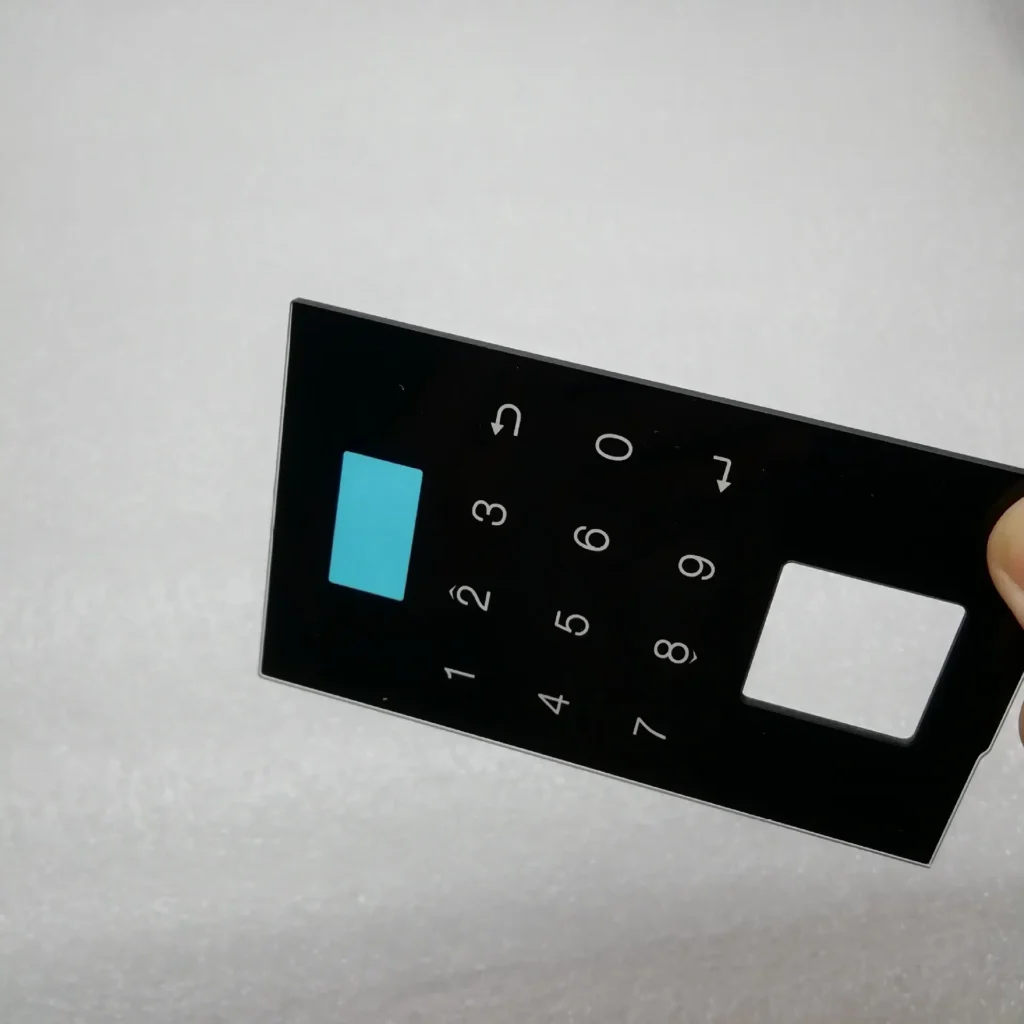
Choosing the right glass panel for electronic products involves considering several factors to ensure the best fit for your specific application. Glass panels are commonly used in devices like smartphones, tablets, smartwatches, monitors, and more. Here are some key considerations to keep in mind: glass panel for electronic products involves considering several factors to ensure the best fit for your specific application. Glass panels are commonly used in devices like smartphones, tablets
- Type of Glass:
- Soda-lime Glass: This is a common type of glass used in many applications due to its affordability. It’s suitable for displays that do not require extreme durability.
- Gorilla Glass or Similar: These are chemically strengthened glasses known for their resistance to scratches and impact. They’re commonly used in smartphones and tablets for added durability.
- Sapphire Glass: Sapphire is extremely scratch-resistant and durable, making it suitable for high-end devices or applications where extreme durability is required.
- Durability and Impact Resistance:
- Consider the intended use of the electronic product. If it’s a device that may be subject to drops or impacts, a more durable glass like Gorilla Glass or sapphire may be preferred.
- Scratch Resistance:
- If your product will be used in environments where the glass could come into contact with abrasive surfaces, choosing a glass with high scratch resistance is important.
- Optical Clarity and Display Quality:
- The glass used in electronic displays should have excellent optical clarity to ensure a crisp and clear image. Some glasses have coatings that enhance visibility in various lighting conditions.
- Thickness:
- The thickness of the glass can impact the overall weight and thickness of your electronic device. Thinner glass panels can help reduce the overall weight and thickness of the device.
- Touch Sensitivity:
- For touch-enabled devices, the glass should have good touch sensitivity to ensure accurate and responsive touch interactions.
- Coatings and Treatments:
- Many glass panels have coatings to reduce glare, improve visibility in sunlight, and repel fingerprints. Consider the coatings that will benefit your product’s usage scenarios.
- Environmental and Regulatory Considerations:
- Some glass materials may have environmental or regulatory implications. Be sure to research any restrictions or requirements in your target markets.
- Cost:
- The cost of the glass panel should align with your budget for the electronic product. High-end glass types like sapphire can be more expensive. glass panel should align with
- Supplier Reputation:
- Choose a reputable supplier or manufacturer with a track record of providing quality glass panels for electronic devices. supplier or manufacturer with a track record
- Customization:
- Some manufacturers offer customization options such as different shapes, sizes, and cutouts for sensors, buttons, and cameras.
- Production and Assembly Considerations:
- Ensure that the chosen glass panel is compatible with your manufacturing processes and can be reliably integrated into your product.
Before finalizing your choice, it’s often a good idea to request samples of different glass panels to assess their physical characteristics and performance under various conditions. Conducting thorough testing and considering user feedback can help you make an informed decision about the best glass panel for your electronic product.
